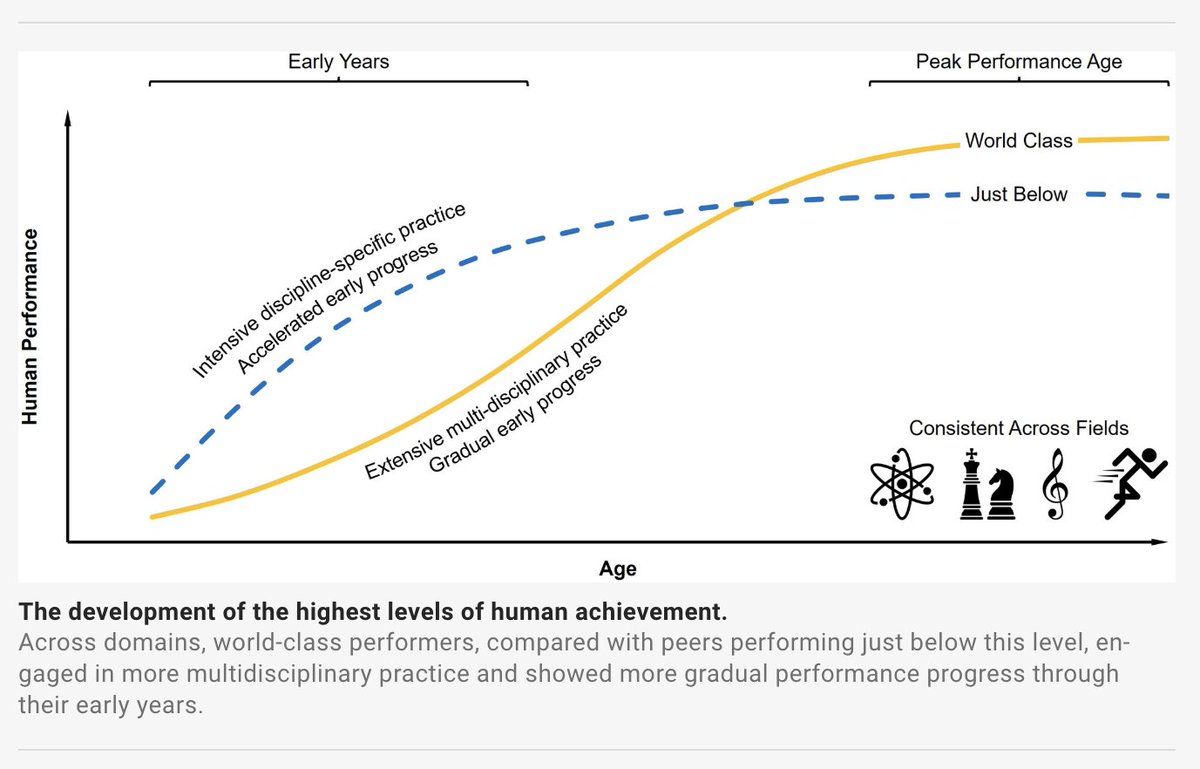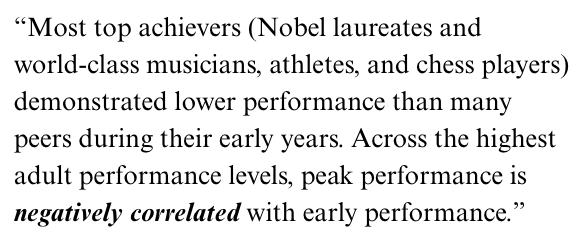A bunch of people have asked me what essays and stories from my last few years @outsidemagazine taught me most.
I'm fortunate I get to explore so broadly. Topics include wellness, mental health, burnout, peak performance, and motivation.
Here are top 10, in no particular order.
I'm fortunate I get to explore so broadly. Topics include wellness, mental health, burnout, peak performance, and motivation.
Here are top 10, in no particular order.
This very personal and heartfelt essay on mental illness. Among lots of other things, I learned about vulnerability, the massive benefits—and massive limits—of exercise, how therapy works, and what it feels like to really suffer. outsideonline.com/2279856/anxiet…
I've learned so much from @ShalaneFlanagan over the years. This conversation explores important topics like the illusion of "balance" when you are pushing hard at something and also the vast importance of community and purpose if you want to be a champion. outsideonline.com/2281741/shalan…
Stress + Rest = Growth.
This is true for basically everyone and everything, from athletic growth to intellectual growth to emotional growth to career growth to relationship growth to even how communities grow.
Such a useful concept.
outsideonline.com/2327746/equati…
This is true for basically everyone and everything, from athletic growth to intellectual growth to emotional growth to career growth to relationship growth to even how communities grow.
Such a useful concept.
outsideonline.com/2327746/equati…
The key to being great is to stop trying so damn hard to be great and focus on being good enough over and over again. This requires some key skills that are often overlooked in today's culture:
-Acceptance
-Presence
-Vulnerability
-Community
-Patience
outsideonline.com/2348226/case-b…
-Acceptance
-Presence
-Vulnerability
-Community
-Patience
outsideonline.com/2348226/case-b…
The 24-hour news cycle is designed to prey on your attention, make you feel like crap, and keep you coming back for more. I had no idea the engineering behind this, or the strategies you can use to overcome it. outsideonline.com/2371546/break-…
Good vibes are contagious. In a huge way! Work with someone who is a high performer and your performance improves by up to 15%. Work with someone who is a low performer and it goes down by 30%.
The people with whom we surround ourselves shape us. outsideonline.com/2391572/send-g…
The people with whom we surround ourselves shape us. outsideonline.com/2391572/send-g…
The mastery mindset: a series of practices to keep you on the path of continuous improvement and fulfillment.
-Drive from within
-Process > results
-Be the best at getting better
-Embrace acute failure for chronic gains
-Be here now
-Take a long view
outsideonline.com/2391341/passio…
-Drive from within
-Process > results
-Be the best at getting better
-Embrace acute failure for chronic gains
-Be here now
-Take a long view
outsideonline.com/2391341/passio…
In this essay on millennial burnout I learned that the problem isn't always the work itself. It’s the addiction to ego, relevance, and self-worth that gets linked to the work—and that our culture implicitly and explicitly promotes. outsideonline.com/2395138/millen…
My latest essay on the wellness industrial complex was eye opening. It taught me why pretty much everything it's selling, by design, doesn't work; and—most important—what you really need to be well.
(Hint: it's not buying any potions, lotions, or pills.) outsideonline.com/2399826/wellne…
(Hint: it's not buying any potions, lotions, or pills.) outsideonline.com/2399826/wellne…
Last but not least: I always thought that you had to be motivated and happy to get going. But it turns out the opposite is true. As @richroll first taught me, MOOD FOLLOWS ACTION.
Sometimes—often—the best thing to do is just get started. outsideonline.com/2274776/forget…
Sometimes—often—the best thing to do is just get started. outsideonline.com/2274776/forget…
• • •
Missing some Tweet in this thread? You can try to
force a refresh








